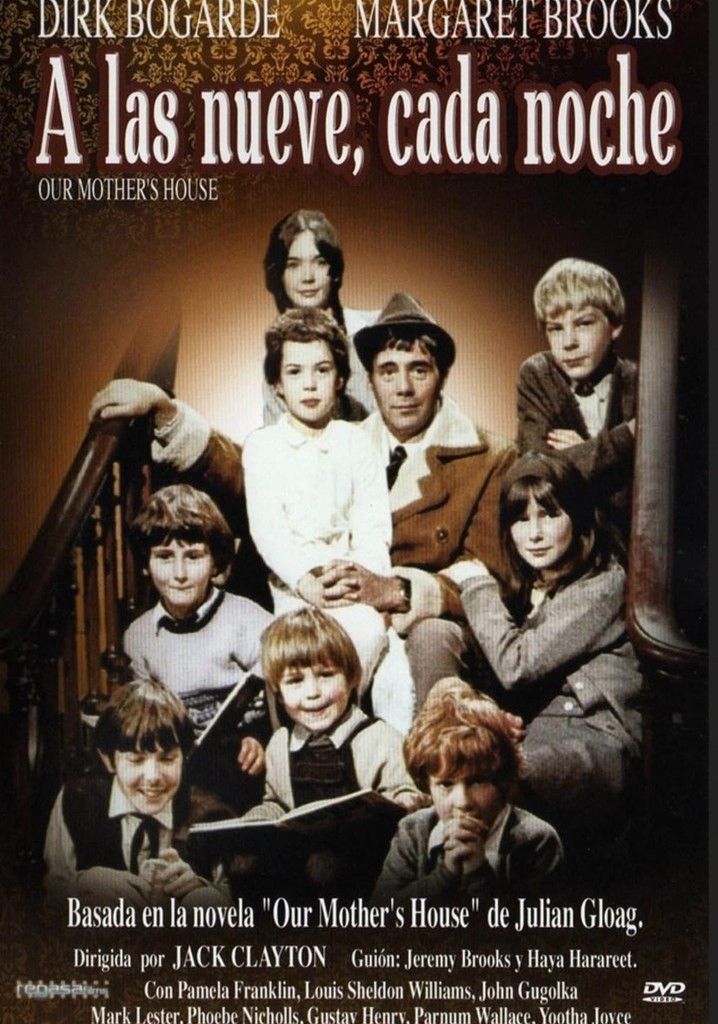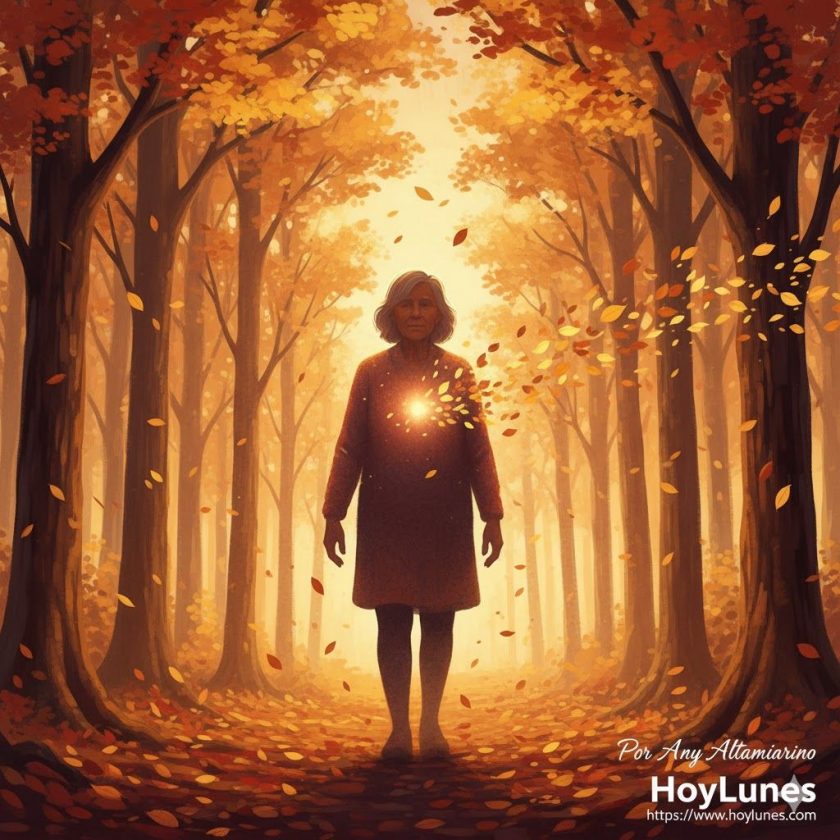In 1967, Jack Clayton crafted a disturbing and profoundly human story about orphanhood, fragility, and the resilience of children facing an adult world that threatens to consume them.
By Jorge Alonso Curiel
HoyLunes – Films starring children have a special charm. They provoke a more intense emotional response, to which we open our hearts with fewer doubts or reservations. Childhood is synonymous with purity and trust, and thus everything that happens to children on screen reaches us in a very direct way.
Nothing unsettles us as much as the misfortunes—of any kind—that they endure, whether in fiction or in real life. That is why, when we watch a disturbing film close to horror in which they are the protagonists, our unease can escalate into anguish.
This is precisely what happens with “Our Mother’s House“, the fourth of the eight films directed by British filmmaker Jack Clayton (1921–1995), best known for “The Great Gatsby” (1974), based on the novel by F. Scott Fitzgerald and starring Robert Redford and Mia Farrow. “Our Mother’s House”, produced by MGM, is a drama tinged with horror—a terrifying drama—in which Clayton once again demonstrated his unrivaled ability not only to depict human tribulations but also to create oppressive, dark, and claustrophobic atmospheres within pure tales of psychological dread, a feat he had already mastered six years earlier with “The Innocents”, his adaptation of Henry James’s timeless novella “The Turn of the Screw”, starring Deborah Kerr.
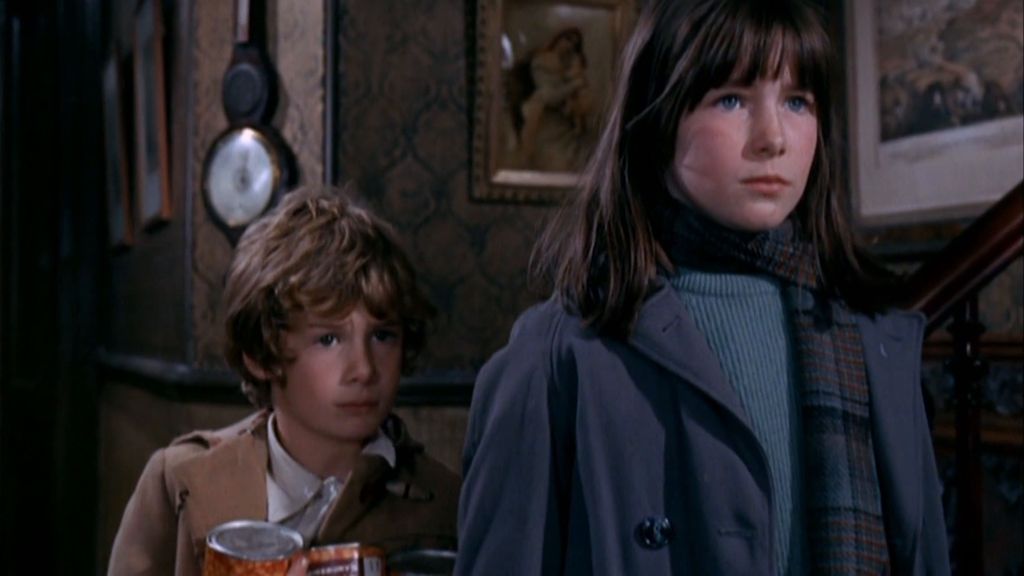
Synopsis of “Our Mother’s House”
The film tells the story of the Hook siblings, seven children who live with their ailing mother in a suburban house in London. When their mother dies, they decide not to inform anyone to avoid being sent to an orphanage, where they would face the rigidity of the educational and religious system. Instead, they bury her in the garden and continue their lives as if nothing had happened. Everything goes smoothly, without major disruptions, inside their peculiar bubble, their strange personal paradise—cashing their mother’s pension check thanks to the forged signature of one of the boys (a talented painter, played by Mark Lester), and even contacting their deceased mother every night at nine o’clock in spiritual rituals led by one of the girls as a medium. But everything changes when their father reappears: a wayward, erratic, and troubled man who had abandoned the family years before and has now returned with empty pockets. What will happen upon his return? There is no better way to find out than to watch this film, brimming with harrowing humanity.
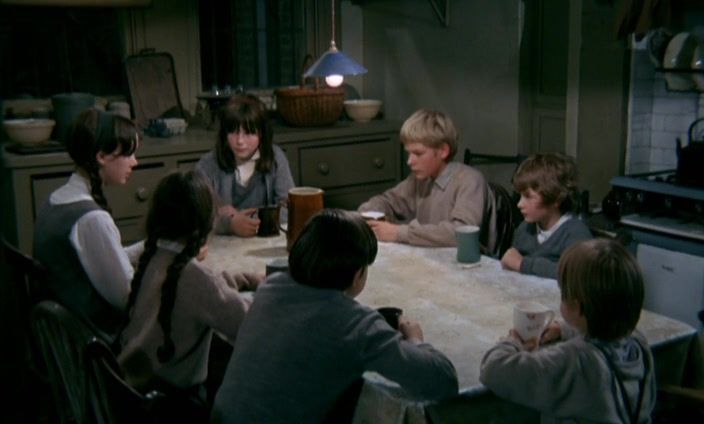
A film with little impact at the time
Based on Julian Gloag’s novel, with an excellent screenplay by Jeremy Brooks and Haya Harareet, the film also deserves praise for the work of its entire cast.
Not only Dirk Bogarde, who delivers one of his finest performances as the father, but also all the children, who, with naturalness and talent, in that Victorian house where almost the entire film takes place, each convey—through well-defined personalities—the astonishment and vulnerability of enduring such a tense and controversial situation, one that feels like a nightmare. Some of the children later went on to successful careers in film and television, such as Margaret Leclere, Pamela Franklin, Phoebe Nicholls, and Mark Lester, who starred the following year in Carol Reed’s musical drama “Oliver!”, adapted from Charles Dickens’s “Oliver Twist“.
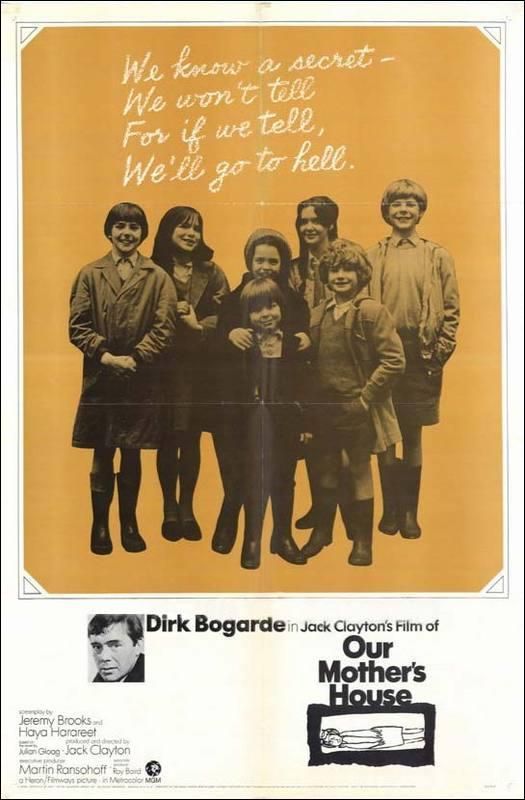
Though it was not a box-office success at its release, this British film went largely unnoticed—perhaps because of a storyline too daring for its time. Yet over the years, it has been increasingly recognized for its artistic value as well as for its sharp critique of the suffocating and repressive Victorian morality and the rigid religiosity of the era.
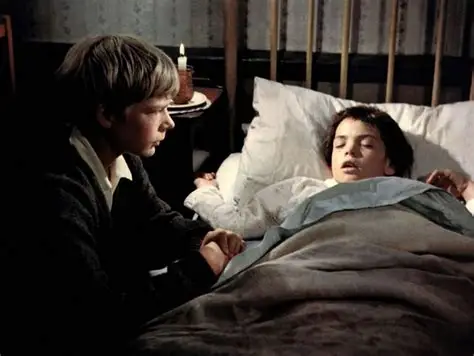
No viewer will remain indifferent after watching this harsh, sorrowful, and heartbreaking tale of terror—an unexpected and moving coming-of-age story underscored by Georges Delerue’s beautiful yet desolate score. It explores childhood, loss, orphanhood, abandonment, incomprehension, the decisive role of parents, and loneliness. The children in this story are forced to become adults too soon, and that is always a cause for sorrow. A disappointed and inconsolable child is a true failure of society.
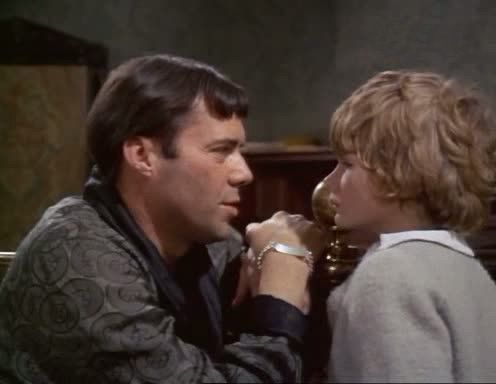
For those who have not yet discovered it, this extraordinary film experience contrasts the bright light dwelling in the fragile hearts of children with the darkness ruling the world. A gripping, intense film.
A tale of betrayed innocence. A remarkable film that deserves to be rescued from the wardrobe, showing that Jack Clayton was not only the director of “The Great Gatsby“, but also of many other noteworthy works.
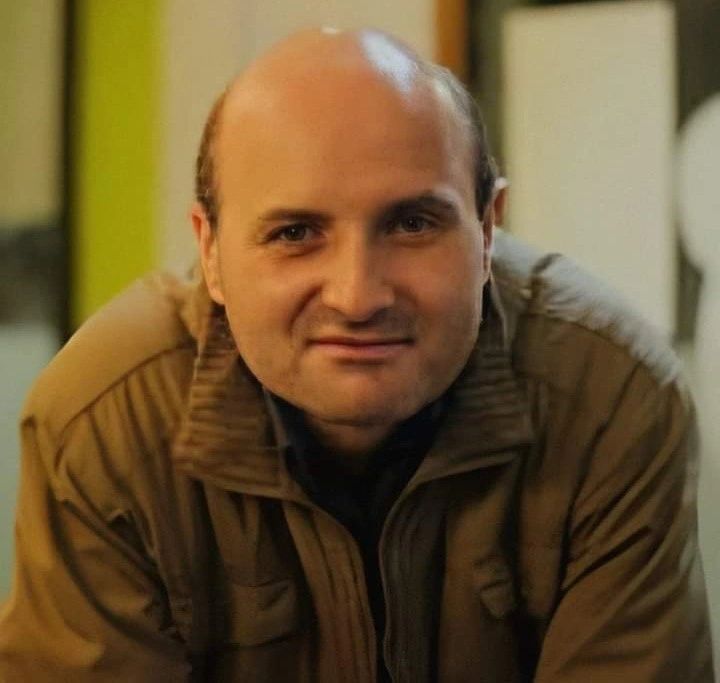
#hoylunes, #jorge_alonso_curiel, #fondo_de_armario,
